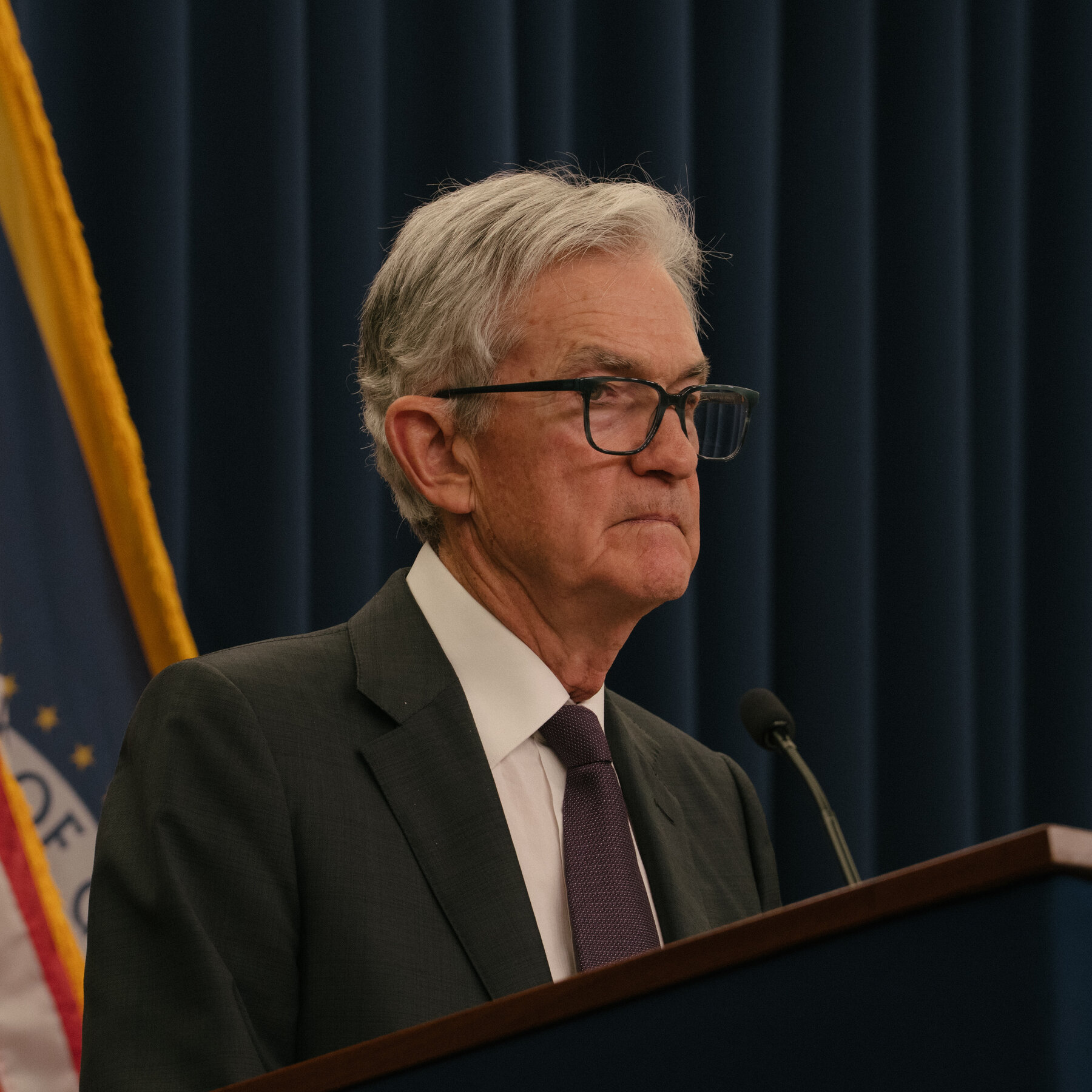Want to Immigrate to the UK? The Government Says You Must Earn It
New residency timeline under review
The Home Office has announced a sweeping revision to the pathway for legal migrants to obtain Indefinite Leave to Remain (ILR) in the United Kingdom. Under the proposed changes, the qualifying period for most non‑British nationals will be doubled, extending the time required to become a permanent resident from five to ten years.
Exceptions for high‑earning migrants
In a surprising twist, the government plans to shorten the residency requirement for individuals who fall into the higher‑rate tax bracket. Those who pay the 40% or 45% income tax rate will see the qualifying period reduced to three years, a move the Treasury says is intended to attract “high‑skill, high‑value” talent.
Rationale behind the policy shift
Minister for Immigration, Rachel Reeves, explained that the new framework is designed to “align the immigration system with the economic contributions of newcomers.” She argued that extending the waiting period for the majority of migrants will encourage deeper integration, while rewarding those who bring substantial fiscal revenue.
Impact on existing visa holders
Current visa holders will be affected according to the category of their permission:
- Skilled Worker visas – the standard route will shift from five to ten years before eligibility for ILR.
- Graduate and Tier‑5 visas – applicants will face the same extended timeline unless they meet the high‑earner threshold.
- High‑earner route – eligible individuals earning over £100,000 annually will qualify for ILR after just three years.
Reactions from business and advocacy groups
Business chambers have welcomed the incentive for high‑paying migrants, calling it a “necessary step to keep the UK competitive in a global talent market.” Conversely, immigrant rights organisations warn that the longer residency period could deter skilled workers from lower‑paid sectors, such as healthcare and education, potentially creating labour shortages.
What’s next?
The proposals are slated for parliamentary debate later this year. If approved, the new rules could take effect from April 2026. Stakeholders are encouraged to submit feedback during the public consultation window, which closes on 31 January 2026.






